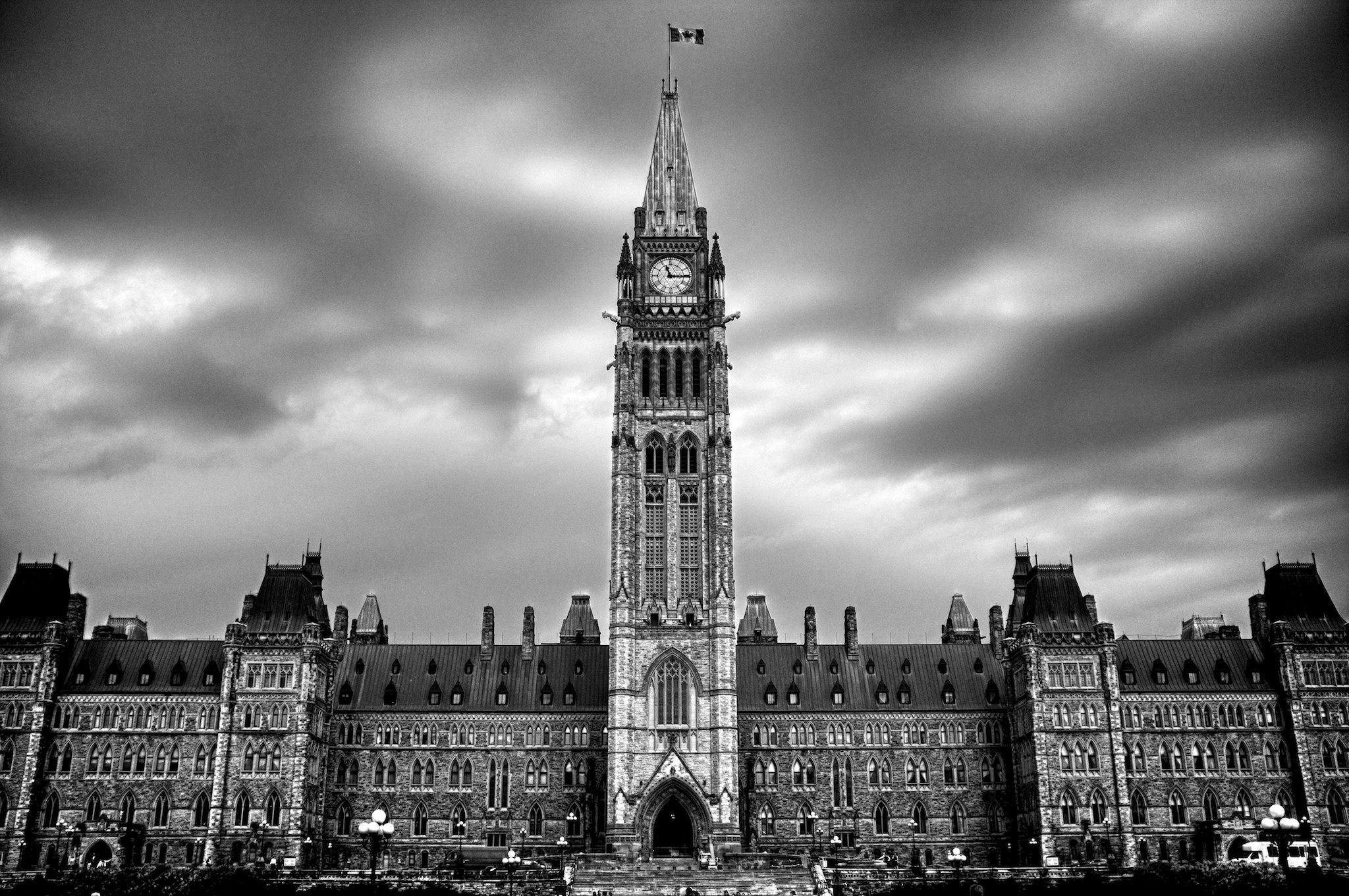Ottawa – The provisions of Bill C-59, the National Security Act, 2017, are a welcome break with the past, but fail to take the opportunity to move Canada in a bold new direction that would place civil liberties and human rights at the heart of the country’s security laws.
“Canadians have been adamant that human rights, civil liberties, accountability and transparency should be front and centre when we discuss our security,” said Tim McSorley, national coordinator of the International Civil Liberties Monitoring Group (ICLMG). “This was made clear in the government’s report on its own national security consultations, published in May. The creation of a new national security review agency is an incredibly welcome start. However, the government missed the mark on doing away once and for all with Bill C-51.”
The ICLMG has consistently called for the repeal of Bill C-51, which introduced multiple measures that eroded the Canadians’ right to privacy, freedom of expression, freedom of association, and did little to make the country a safer place.
However, the proposed creation of the National Security and Intelligence Review Agency, as well as an Intelligence Commissioner, could go a long way to adding transparency and accountability to agencies that – despite the efforts of current review bodies – have long operated in obscurity and without adequate accountability. “We believe this is a strong step toward protecting Canadians’ rights from over-reach of national security organizations, and will work to ensure that they are as strong as possible, including that both bodies receive the resources needed, and that they can make binding recommendations,” added McSorley.
Other beneficial aspects to the bill include the elimination of investigative hearings, a higher threshold for preventative arrests and issuing peace bonds, and replacing the controversial criminal violation of “promotion” of terrorism offences with the more robust “counselling” to commit a terrorism offence.
However, the government may have taken action to create stronger frameworks around both the Security of Canada Information Sharing Act (SCISA) and the Safe Air Travel Act (the no fly list), but the same concerns persist as when they were introduced with C-51. “The government has yet to prove the necessity or value of either intrusive law, and we continue to call for their repeal,” said McSorley. The ICLMG is also concerned that Bill C-59 appears to create a legal framework for CSIS to retain data on Canadians that was previously out of bounds, again without a reasonable explanation or justification for the expansion of these powers, as well as allows CSIS to maintain controversial disruption powers.
Finally the bill also remains silent on two concerning aspects of Canada’s national security laws: security certificates – which the ICLMG has called to be abolished – and the ministerial directives on torture. On the latter, Minister Goodale has repeated for more than a year that the directives – which allow Canada to use information that may have been obtained under torture as well as share information with governments that commit torture – are under review… only to now announce that they will be the subject of greater consultation. “Torture is torture, and is never acceptable,” said McSorley. “The government must end its foot-dragging and change the directives now.”
The ICLMG will continue to study the 150-page bill and will be issuing a more in-depth analysis over the coming weeks.
–30–

